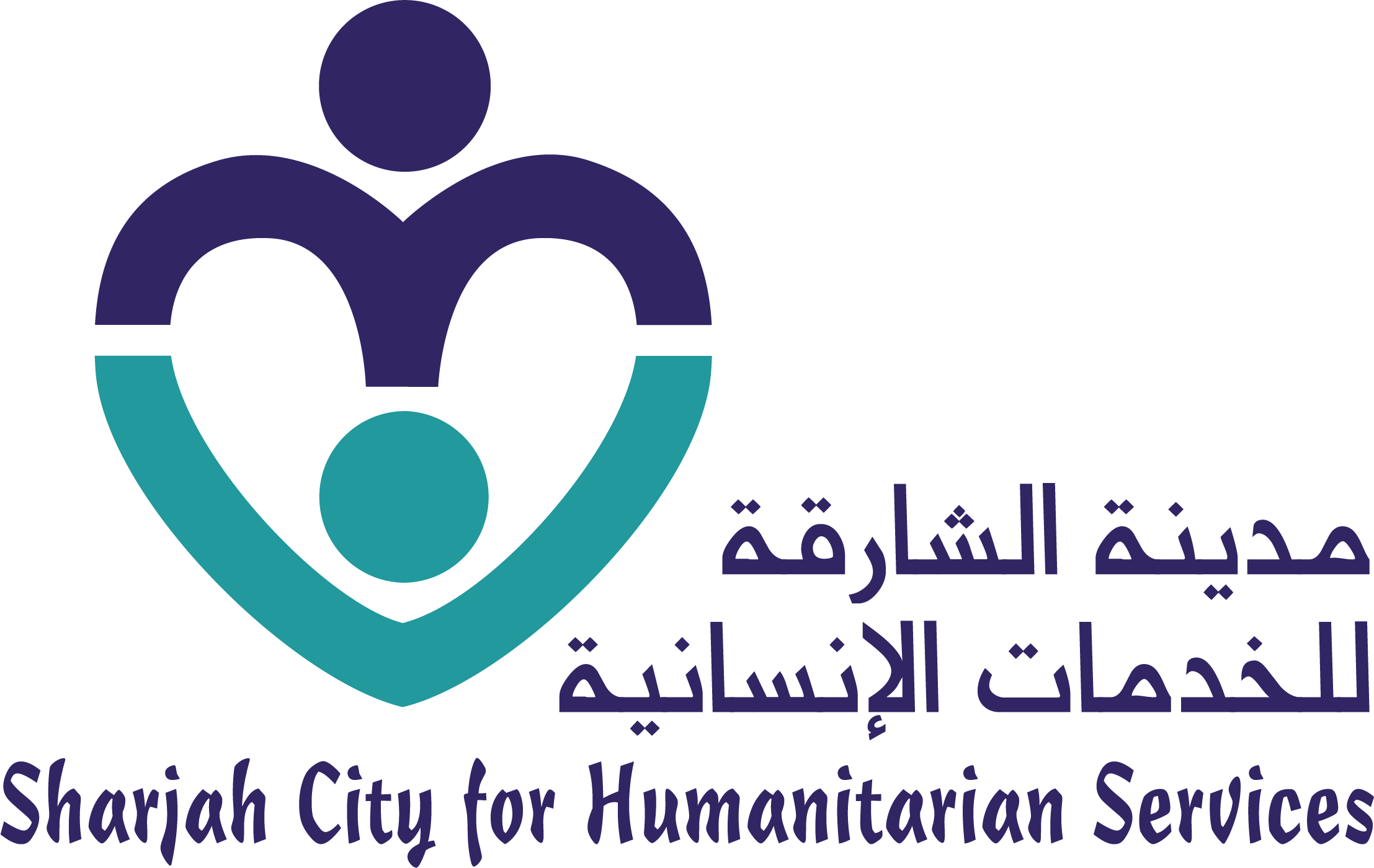
JAMEELA AL QASIMI DURING THE VIRTUAL SESSION FOR MOTHERS OF PERSONS WITH INTELLECTUAL
Sharjah City for Humanitarian Services organized a virtual session for mothers of persons with intellectual disabilities in the United Arab Emirates and the Arab world, in cooperation with Inclusion International for the Middle East and North Africa MENA under the theme (Our separation is close - Our communication is closer). Her Excellency Sheikha Jameela bint Mohammad Al Qasimi, Director General of Sharjah City for Humanitarian Services, Representative of Inclusion International for the Middle East and North Africa MENA, was present. Mr. Hashem Taqi, President of the Inclusion International for the Middle East and North Africa MENA, and Ms. Mona Abdel Karim Al Yafei, Director of the City, and Vice President of the Inclusion International for the Middle East and North Africa MENA attended the session.
The session, moderated by Mrs. (Wafaa Adel Abdel Qader), guardian of the student (Adam Laith) of the Al-Wafa School for Capacity Development of the city, aimed at exchanging experiences between mothers of persons with intellectual disabilities on how their children communicate with the surrounding community during the COVID 19 pandemic.
The virtual session included the presentation of a number of experiences for mothers of persons with intellectual disabilities. The beginning was from the Arab Republic of Egypt with Dr. Lamia Lotfi (Umm Muhammad). Then, Mrs. Zakia Al-Mousawi (Umm Nasser Al-Hashemi) from the State of Kuwait spoke. As for the third story, it was by Mrs. Fatima Al-Darabei (Umm Omar Salah Al-Din) from the Hashemite Kingdom of Jordan. The fourth story was from the United Arab Emirates, in which Mrs. Nada Muhammad Abdul Aziz Al-Midfa (Umm Reem and Isa Hamad Al-Midfa) spoke.
On this occasion, Her Excellency Sheikha Jameela Al Qasimi praised the great role that mothers of persons with intellectual disabilities play within the family and society. Especially during the conditions that the world is witnessing due to the COVID 19 pandemic, appreciating their great effort and unlimited dedication for the sake of their children.
She said, “Today's meeting is an opportunity to confirm that the voice of mothers of persons with intellectual disabilities will remain heard. I invite mothers to talk always about issues that concern them and present their recommendations because their voice will reach through the organization to the United Nations and to the concerned local, Arab and international community”.
For his part, Hashem Taqi explained that the COVID 19 pandemic imposed on society a set of changes and challenges that did not exclude anyone, but the greatest impact was on people with intellectual disabilities and their families. The pandemic has increased the impact of the marginalization the people expose them to, as many human rights organizations have warned of these repercussions, but at the same time, they have provided a set of advice in this field, perhaps the most important of them.
The importance of people with intellectual disabilities leaving home with family members to practice sports more than once during the day. It is important to emphasize the contribution of all family members to this, which contributes to providing some time for mothers to have a rest, sleep, or practice some hobbies.
The head of Inclusion International for the Middle East and North Africa MENA pointed out that the issue of persons with intellectual disabilities and their families is a global issue. Mothers play a pivotal role during this pandemic. They are the nannies, teachers, service providers, and caregivers for everyone, especially their children with intellectual disabilities.
Mr. Taqi talked about the determination that mothers have to play these big roles, noting at the same time the importance of their support. Therefore, mothers should have an opportunity to talk about their suffering, feelings and needs. Ms. Mona Abdel-Karim Al-Yafei suggested at the end of the session that in the next session the city would host the fathers of persons with intellectual disabilities.


